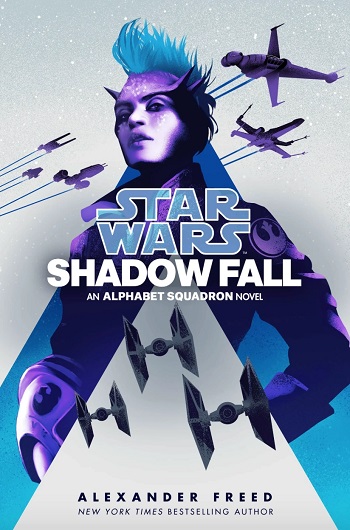After eight years and five new games, the divisive era of EA Star Wars exclusivity has come to its conclusion. On January 11th, Disney signaled a change, launching the “Lucasfilm Games” brand, and promising “a new and unprecedented era of creativity”. Two days later Ubisoft announced a new open-world Star Wars game was in development, confirming that EA’s grip on Star Wars gaming had ended. The death of EA’s monopoly was long awaited and long called for by fans and prominent gaming personalities. The EA era wasn’t necessarily awful, or even a failure, but it was limited in its offerings.
With their Star Wars titles, EA chased trends and the lowest common denominator. Their flagship entry was Battlefront, which chased the success of Call of Duty, and attempted to revive the glory of Pandemic Studios’ beloved LucasArts-era shooters of the same name. Instead they became mired in controversy over loot boxes and season passes. Battlefront 2 finally found a true audience years later, only to have support cut off shortly after the release of The Rise of Skywalker. Many fans had called for more story from their Star Wars games, so EA responded with Jedi: Fallen Order, a Dark Souls/Tomb Raider hybrid. Fallen Order received acclaim, and with the following year’s Squadrons, EA responded by attempting to serve another audience: fans who love flying.
Fallen Order and Squadrons were steps in the right direction. Attempting to appeal to more than just the most mainstream shooter fans, EA realized there were other audiences out there. Yet both were bound by the paradigms of mainstream, Triple-A studio gaming. With a new frontier on the horizon and the opening up of the Star Wars license, perhaps there is the potential for more?
Read More



